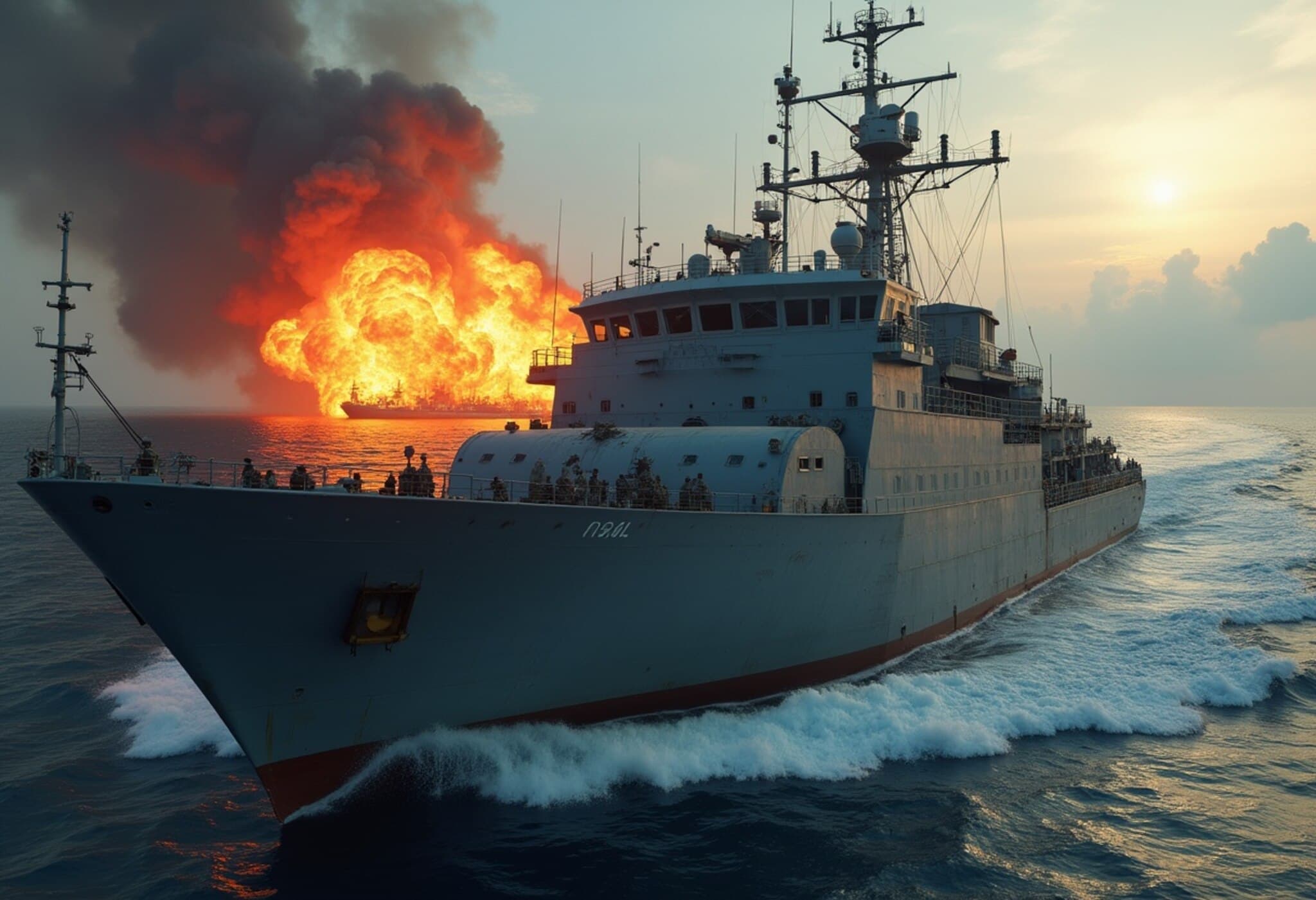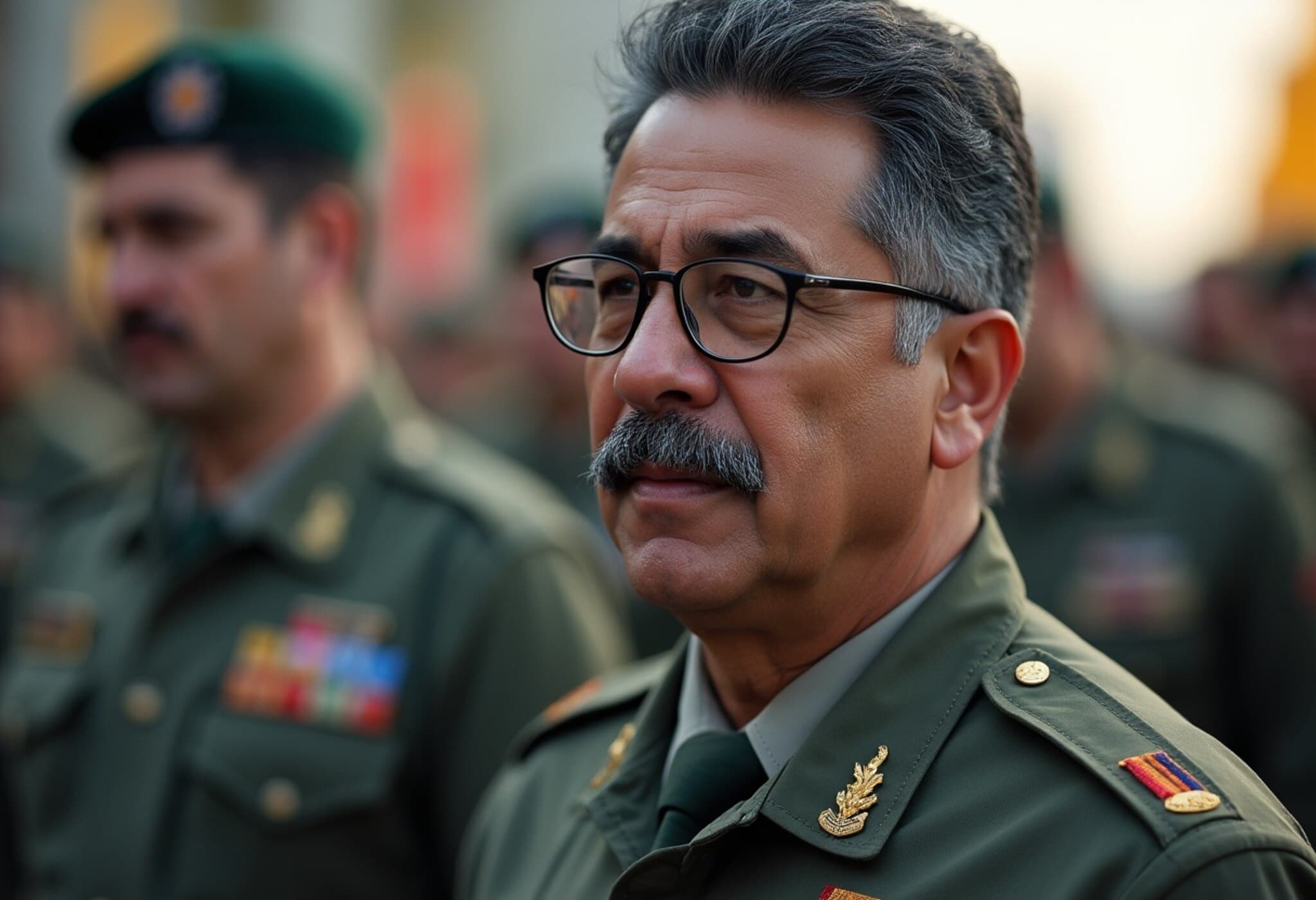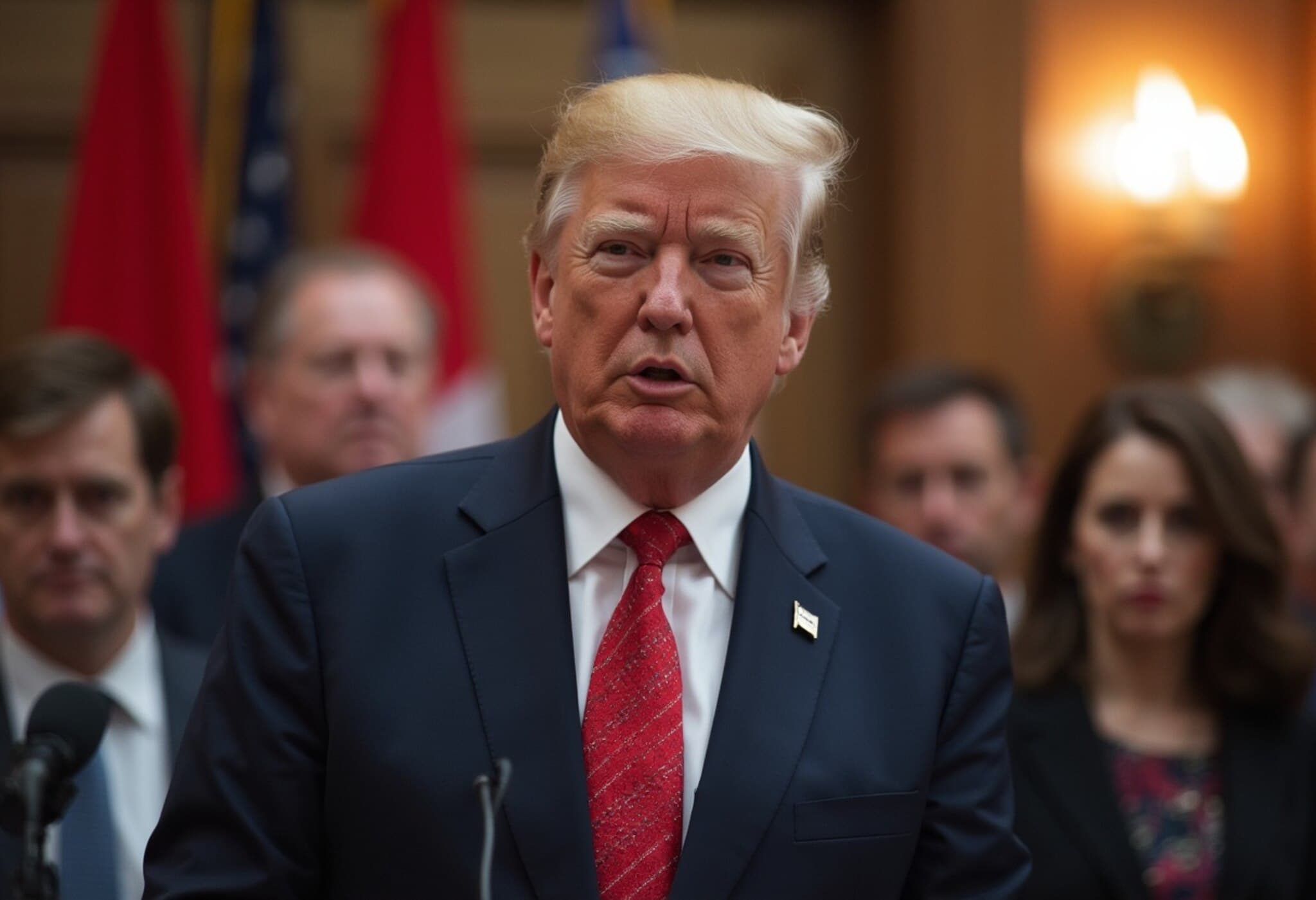Venezuela Condemns U.S. Naval Attacks Amid Rising Caribbean Tensions
In a dramatic escalation of tensions between the United States and Venezuela, Venezuelan President Nicolás Maduro has vehemently denounced recent U.S. military strikes on vessels allegedly involved in drug trafficking. Speaking from Caracas on September 15, 2025, Maduro labeled the Sept. 2 U.S. attack that killed 11 individuals a "heinous crime", asserting that the operation violated both U.S. and international law.
Maduro challenged the U.S. narrative that the targeted boat belonged to drug traffickers, arguing those aboard should have been apprehended rather than attacked lethally. He decried the strike as a military assault on civilians who posed no immediate threat, accusing the Trump administration of attempting to provoke Venezuela into a direct conflict. “The objective is regime change for control over oil, not drug interdiction,” Maduro claimed, painting the U.S. actions as part of a broader geopolitical strategy in the Caribbean.
Trump Announces Second Strike on Drug Trafficking Vessels
Shortly after Maduro's statement, former President Donald Trump proclaimed via social media that U.S. forces had conducted a second strike early that morning against another suspected drug trafficking boat in international waters near Venezuela. This operation reportedly resulted in the deaths of three individuals and was justified under the premise of protecting U.S. national security from "extraordinarily violent drug cartels and narcoterrorists."
Trump’s aggressive stance has included the deployment of additional naval and military assets to the Caribbean since late August, aiming to disrupt illicit narcotics routes—particularly those involving cocaine and fentanyl—believed to threaten American communities.
Legal and Strategic Implications of U.S. Military Actions
Anna Kelly, a White House spokesperson, defended the initial strike as compliant with the laws of armed conflict, emphasizing the administration’s commitment to combatting a deadly narcotics crisis that claims over 100,000 American lives annually due to overdose.
However, experts warn that such military actions carry complex legal and ethical questions. International law generally permits the use of force in self-defense or with United Nations authorization—circumstances unclear in these maritime strikes. Critics underscore the risks of collateral damage and diplomatic fallout, especially given Venezuela’s claim of insufficient evidence and the lack of transparency regarding the identities of those killed.
Underlying Drug Trafficking Dynamics in Latin America
Adding nuance to the conflict, most cocaine production in Latin America originates from Colombia, Peru, and Bolivia, with Venezuela playing a minimal role in actual drug manufacturing. Cocaine trafficked to the U.S. primarily transits through the Pacific corridor rather than the Caribbean, according to the U.S. Drug Enforcement Administration’s 2019 data, which estimated 74% of cocaine shipments use Pacific routes.
Moreover, fentanyl—the opioid crisis's deadliest driver—is virtually absent from Venezuela’s trade flows, instead being synthesized largely from Chinese chemical imports into Mexico and the United States. This distinction is critical, as conflating different narcotics networks can undermine effective policy responses and oversimplify the region’s multifaceted drug trafficking issues.
Regional and Global Repercussions
The current standoff exposes the fragile geopolitical balance in the Caribbean and Latin America. While U.S. policymakers emphasize protecting American public health and national security, Venezuela’s leadership accuses Washington of leveraging drug war rhetoric to justify military aggression and political interference.
This confrontation raises pressing questions:
- Do targeted military strikes effectively disrupt drug trafficking networks, or might they provoke further instability?
- How can international law guide such maritime operations to respect sovereignty and minimize civilian harm?
- What strategies will reconcile U.S. national security interests with regional diplomatic relations and humanitarian concerns?
Experts urge comprehensive approaches that combine law enforcement, diplomatic engagement, and regional cooperation rather than relying solely on military interventions.
Editor's Note
The unfolding conflict between the U.S. and Venezuela over drug trafficking interventions underscores a complex interplay between security policy and international diplomacy. While combating narcotics remains critical given the deadly toll on American communities, the use of force in contested waters invites scrutiny over legality and human impact. Readers are encouraged to consider how nuanced drug trafficking dynamics challenge simplistic narratives, and to watch closely how these tensions evolve amidst broader geopolitical currents in the Western Hemisphere.











